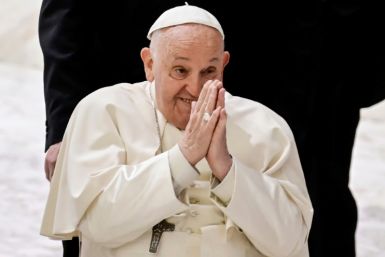Kevin Rudd Eyeing Top Position as UN Leader?
Former Prime Minister Kevin Rudd was said to be eyeing the position of United Nations' secretary general Ban Ki-moon.
After his speech given to an audience of 200 people for The International Institute for Strategic Studies in central London, Mr Rudd spoke to UK television's Channel 4, denying that he had ambitions of becoming the next UN secretary-general
"You can't go around and talk about things I've been talking about now for 30 years without a motivation being attached to it. I'm a big supporter of the United Nations but I don't think that position's going to be headed Down Under," Mr Rudd said.
"I see myself as a small player on very much a larger stage which is concerned about the future prosperity and stability of the world," he added.
After being defeated from the September election and totally quitting from politics, Mr Rudd immersed himself with debates surrounding global affairs and issues. He said that he has all intentions of becoming fully involved in any discussion of global importance.
"I don't have any specific mission provided to me by anybody else. I will just continue to lecture, to talk and to write in the great world of ideas such as the ones I was seeking to address (tonight), whether that is here, in the United States or in China or back home," Mr Rudd said.
Mr Rudd's speech given in central London discusses the rapid repositioning of global power towards China. In his speech, he said that China's rise and impact on international order is "the great challenge of our age".
However, he refuses to be involved with national issues surrounding Australia, including his controversial case pending at the coalition's royal commission involving his botched roof insulation program.
"I have no intention of commenting on domestic politics."
Mr Rudd, however gave his two cents about another controversial politician, Julia Gillard. He said that Ms Gillard was blatantly subjected to sexism in the lead-up to her fall as Australia's prime minister.
"There was extraordinary sexism towards Julia in that period. This should be a simple non-start in the 21st century - particularly in our sophisticated democracies."






